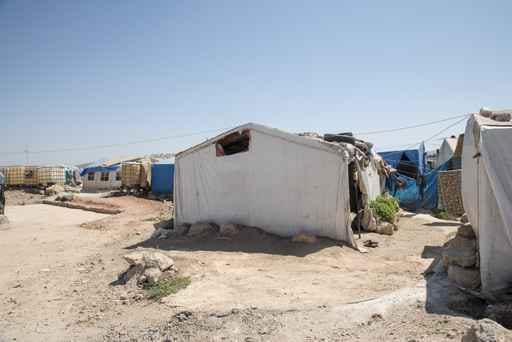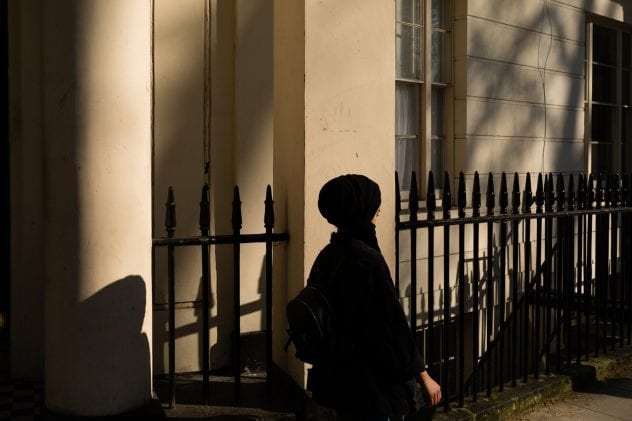We summarise a recent research article on the relationship between perceptions of Islam and charitable giving.
By Carolina Are
Does Islamophobia influence charitable giving? Are American households less willing to donate to charities that predominantly serve Muslim refugees, that profess the Islamic faith, or that operate refugee camps in Middle Eastern countries where Islam is perceived as the dominant religion? This is the focus of Tremblay-Boire and Prakash’s article, which addresses the issue of stereotyping and biases in charitable giving. It also raises questions for global public policy, and offers practical guidance for nonprofit practitioners.

The authors gathered data through an online survey of 1,633 individuals in the U.S. (recruited through the Mechanical Turk platform). These respondents were shown varying descriptions of a hypothetical charity and asked how likely they would be to make a $20 charitable donation to that organization (very unlikely, unlikely, neither likely nor unlikely, likely, very likely).
The different descriptions of the charities alluded to the Muslim faith of refugees in four ways: by mentioning it as the dominant religion of refugees; using a picture of veiled women; mentioning the location of the refugee camps; and noting that the charity subscribes to the Islamic faith.
The results show what the authors describe as “modest support for Islamophobia”. Mentioning Muslim refugees or the location of refugee camps, and showing a picture of veiled women did not influence the willingness of people to donate. But when when survey respondents were told that Refugee Helpers was an Islamic charity, their willingness to donate diminished. Tremblay-Boire and Prakash suggest that respondents may be worrying that Islamic charities have ties to terrorism.

Furthermore, the authors found partial support for Christianophilia, noting a key difference in willingness to donate when the recipients of aid were Muslim or Christian. When the researchers clarified the target of aid were Christian refugees living in camps in the Middle East, the respondents’ willingness to donate increased. They argue that, even if just slightly, “respondents seem to favor Christian refugees over Muslim refugees,” since “the difference between Muslim and Christian refugees holds constant at about nine percent regardless of camp location.” They suggest this could partly be related to respondent being more willing to donate to people within their “in-group”, or their same religion, but the difference is present nonetheless.

The researchers recommend that to alleviate biases, charities should ensure that their communications strategies do not trigger biases they might be aware of. They recommend charitable organisations should highlight “the stark facts about the refugee crisis and appealing for humanitarian,” as that is likely to “motivate a typical American household to contribute to these efforts.”
Read Biased Altruism: Islamophobia and Donor Support for Global Humanitarian Organizations by Joannie Tremblay-Boire and Aseem Prakash in the Public Administration Review here.




